The sounds of gunfire and airstrikes echo across the Syrian countryside as the first major offensive in four years is underway. A coalition of rebel forces, primarily lead by the Idlib based Hay'at Tahir al-Sham, has launched an operation towards the city of Aleppo. In around 10 hours on November 27th, the group had expanded across a vast swath of countryside. As of November 28th, HTS and its allies have reached within six miles of the city's outskirts as the Syrian Arab Army has failed to halt the offensive.
This comes after four years of mostly dormancy in Syria's long running civil war, where frontlines have remained largely stagnant since the defeat of the ISIS caliphate. The Idlib Governorate, situated in northwestern Syria on the Turkish border, has been one of the few locations in the country that President Bashar al-Assad has been unable to reassert control over.
Telegram channels associated with HTS and its allies claimed the fighters had taken over a SAA military base called Base 46, as well as capture dozens of bases of equipment including main battle tanks. Pictures of rebel fighters standing by captured Syrian equipment have emerged online since the offensive began. Iranian state media has claimed that an Islamic Revolutionary Guard Corps officer, Brigadier General Kioumars Pourhashemi, was killed while acting as an advisor to pro-Regime forces.
Even further, rebel forces claimed to have ambushed and killed several members of a Russian Special Forces unit outside of Aleppo, but this cannot be verified.
Mixed reports have emerged that various groups aligned with Turkey's proxy force, the Syrian National Army, had also taken part in the offensive against pro-Damascus forces, but overall the SNA seems to have largely stayed out of the fighting, as has the Turkish Armed Forces.
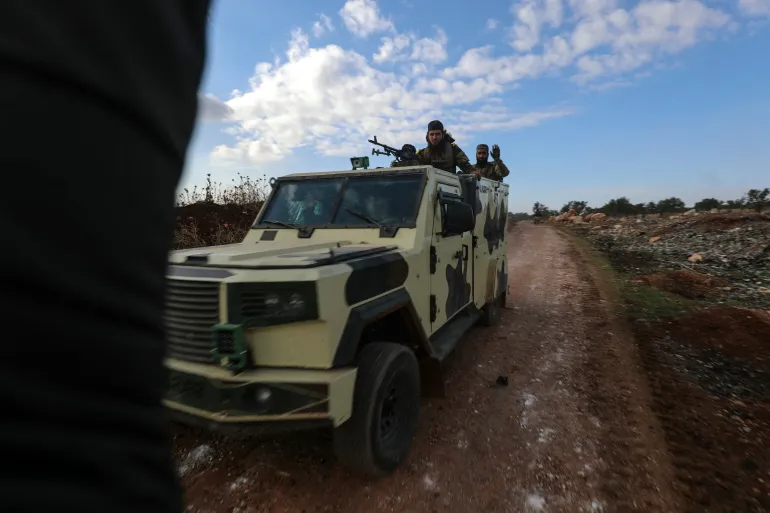
Hay'at Tahir al-Sham ("Organization for the Liberation of the Levant"), commonly known as HTS, is a former Al Qaeda affiliate and Sunni Islamist group that makes up one of the primary opposition groups opposing Bashar al-Assad's regime in Syria. The group was formerly part of the Al-Nusra Front, or Jahbat Al-Nusra; a collective of Al Qaeda affiliated groups that opposed al-Assad at the dawn of the Syrian Civil War in 2011.
Its leader Abu Mohammed Al-Jolani had formerly declared that Jerusalem would follow the taking of Damascus, the group has toned down its rhetoric in recent years, solely proclaiming plans to turn Syria to Islamic rule and eject Iranian-backed Shia militias from nearby territory. Despite this shift towards localized objectives, the United States Department of State maintains the designation of HTS as a Foreign Terrorist Organization (FTO).
Due to their status as a former Al Qaeda affiliate that still shared similar ideology, the group has found themselves at odds with the Islamic State and even carried out arrests and raids against ISIS cells in their territory.
The group has had questionable relations with nearby Turkey. While not formally aligned with Ankara like the nearby Syrian National Army, HTS is believed to have worked with Turkey on certain offensives, possibly including the current one where some SNA affiliates have claimed to have joined in.
HTS controls most of the Idlib Governorate, the last remaining rebel stronghold in Syria. In 2020, Turkey and Russia agreed to a ceasefire ending fighting between HTS and Damascus, essentially freezing the conflict until the current offensive. Since then, the group has invested heavily into training and equipping fighters, a move that seems to have paid off in dividends on the battlefield.
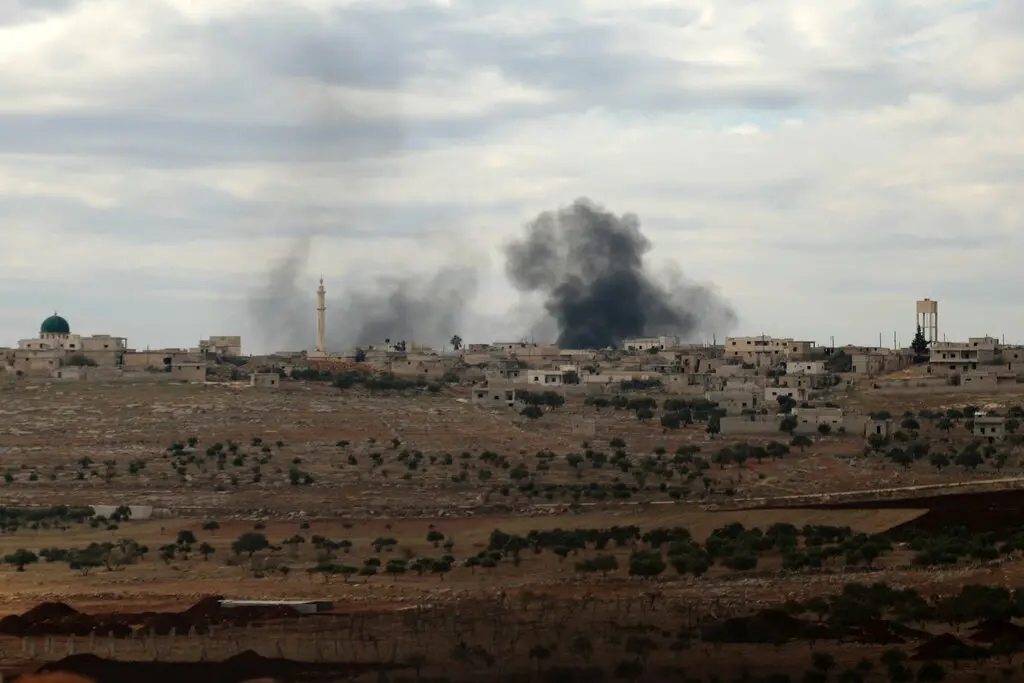
The renewed fighting near Aleppo comes at a time when Bashar al-Assad's primary backers, the Islamic Republic of Iran and the Lebanese group Hezbollah, are distracted with a protracted conflict with Israel. During the heaviest fighting of the civil war, Shia militias with support from Iran and Hezbollah carried out some of the heaviest fighting on behalf of the Damascus regime. However, in recent weeks the Hezbollah organization has suffered massively at the hands of Israel's air and ground assault on their positions in Lebanon, losing much of their key leadership and offensive capabilities. Less than a few hours apart from the HTS offensive had Hezbollah finally achieved a ceasefire deal with Israel.
Pro-Regime and Hezbollah forces inside Syria have also been pounded by Israeli airstrikes in recent months, leaving them weakened and open to attack. Israeli special forces had also carried out a raid inside Syria back in September, a move that showed the fragility of the current regime and its allies as they were unable to respond. With al-Assad not able to call on some of his most critical allies and heavily weakened, HTS likely saw an opportunity to strike against the Regime while most vulnerable.
Another one of the Regime's main backers, the Russian Federation, remains bogged down in a nearly three year war in Ukraine. Despite this, multiple sources confirmed that the Russian Aerospace Forces (VKS) had launched airstrikes against the rebel offensive, attempting to help the defenders near Aleppo to re-establish the crumbling frontline.
As of November 28th, reports suggest around 130 have already been killed in the offensive, with the number likely higher and growing as fighting continues. HTS claims to have captured 13 villages in the area around Aleppo alongside the military base.
Aleppo had been the site of a brutal, month long siege by Russian and Syrian forces in 2016, with indiscriminate bombing and shelling of residential buildings and homes, finally leading to the city's retaking from opposition forces. It has remained under the control of Damascus since then, but whether that continues remains to be seen.
Fighting in Syria began in 2011 when Arab Spring protests in the Middle Eastern nation turned to outright war as anti-government groups began taking up arms. While the fighting had slowed in recent years, the nearly fifteen year long civil war in Syria has killed at least 300,000 people and displaced millions, leading to the 2015 European refugee crisis. Despite attempts at mediation by outside powers, a formal end to the brutal civil war remains elusive.

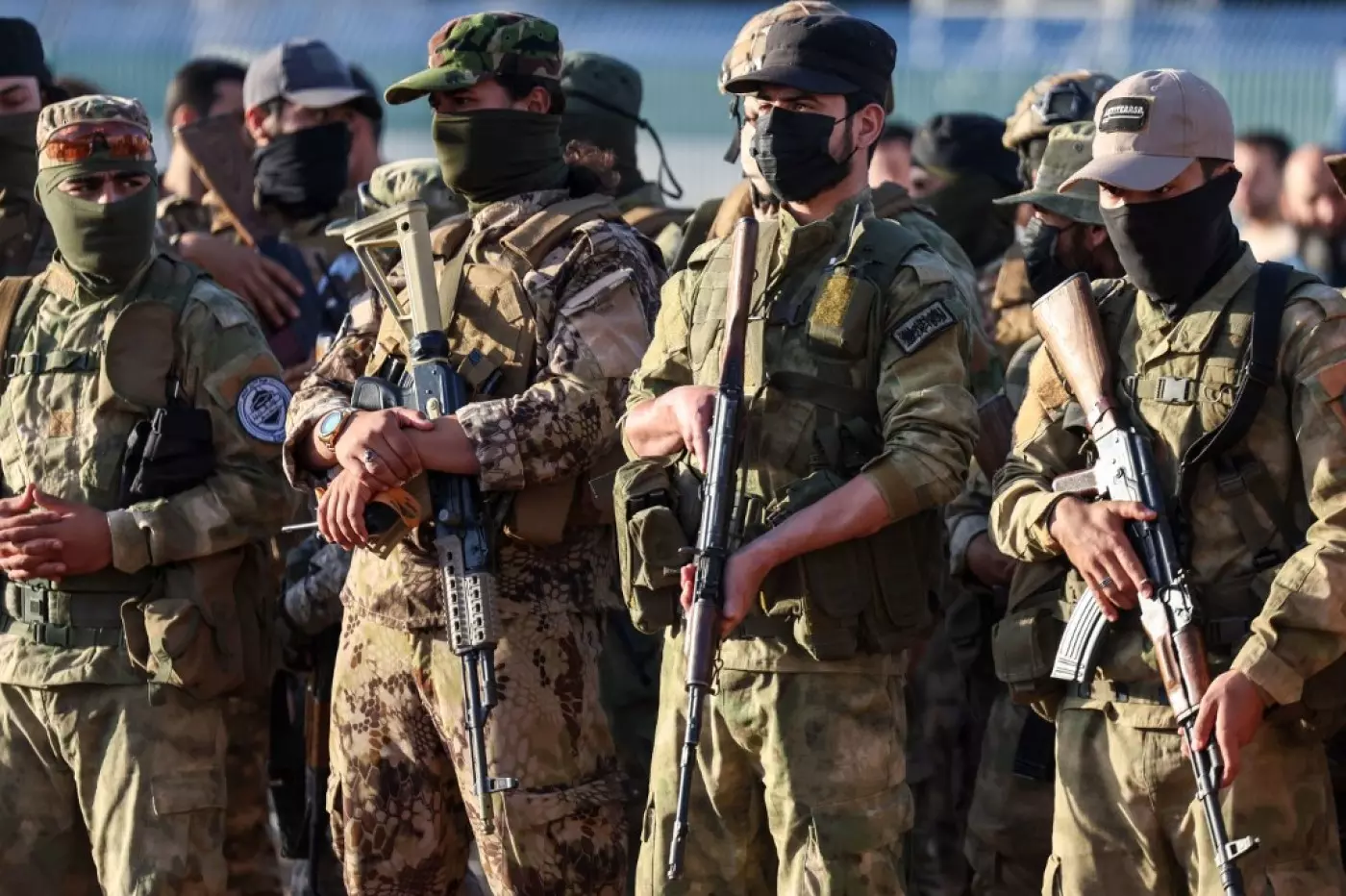
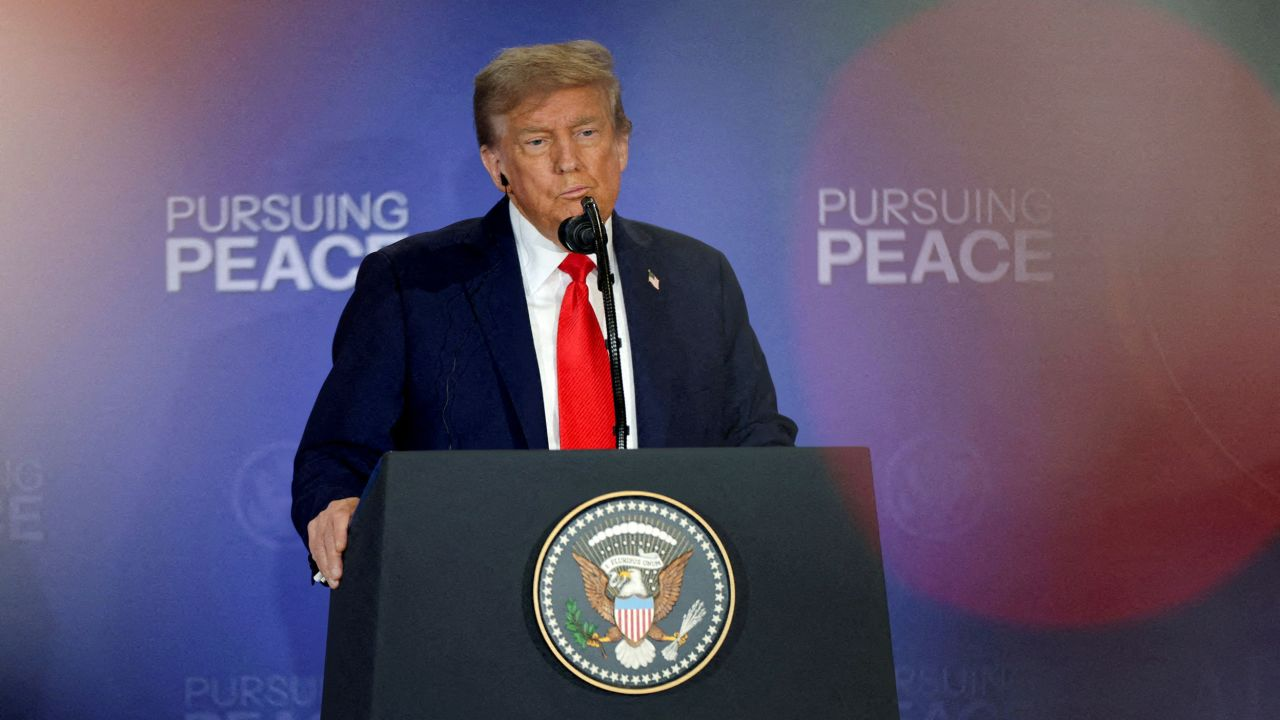


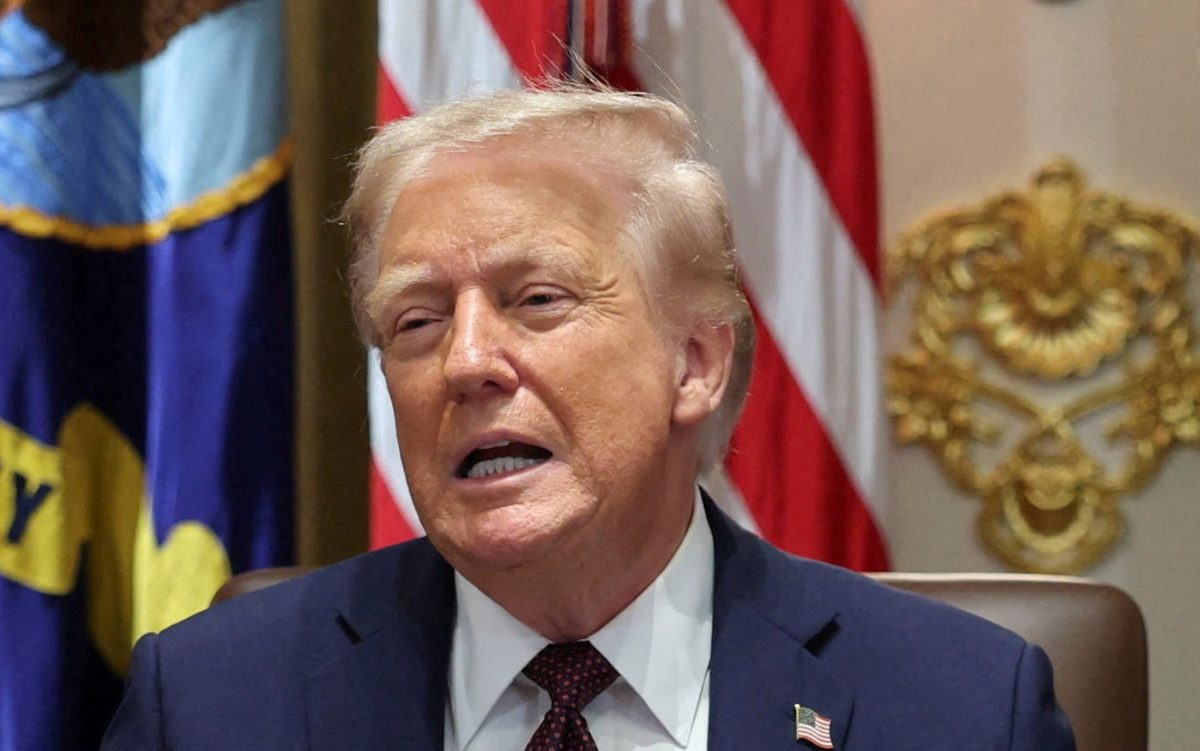
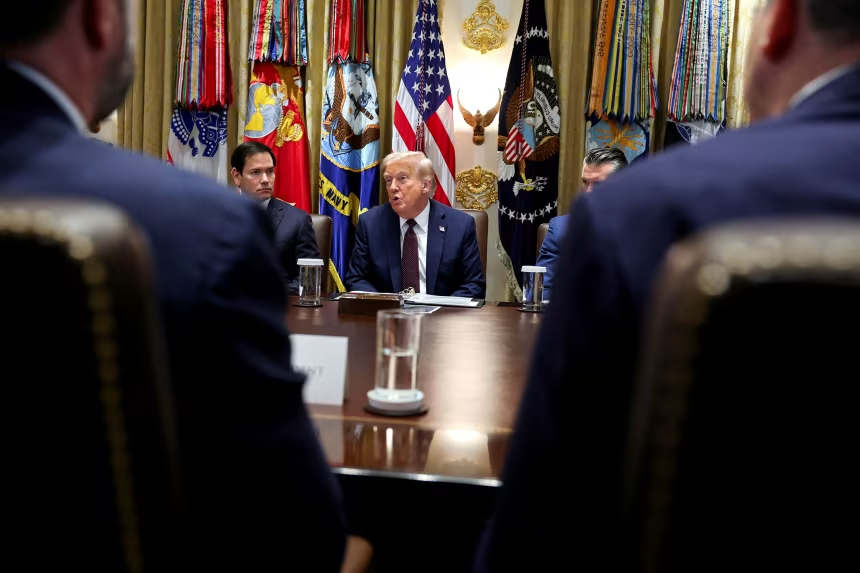
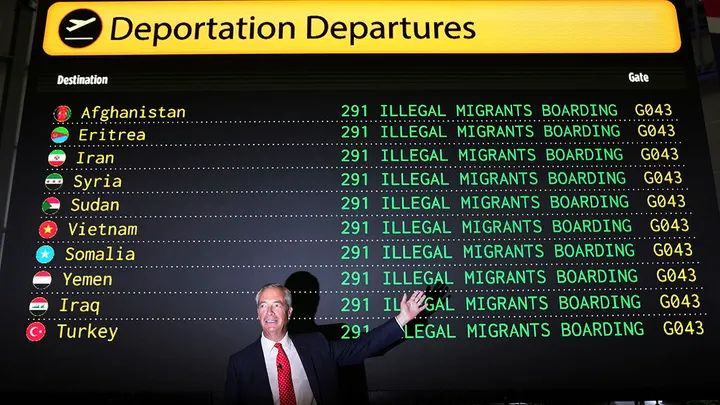
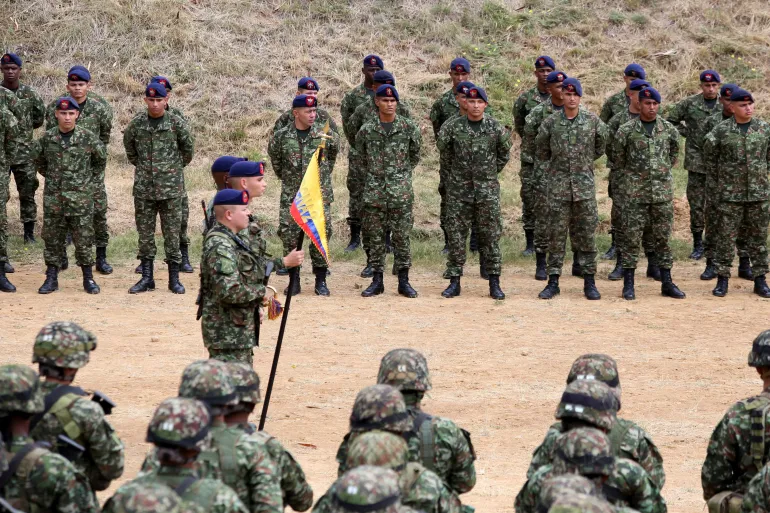
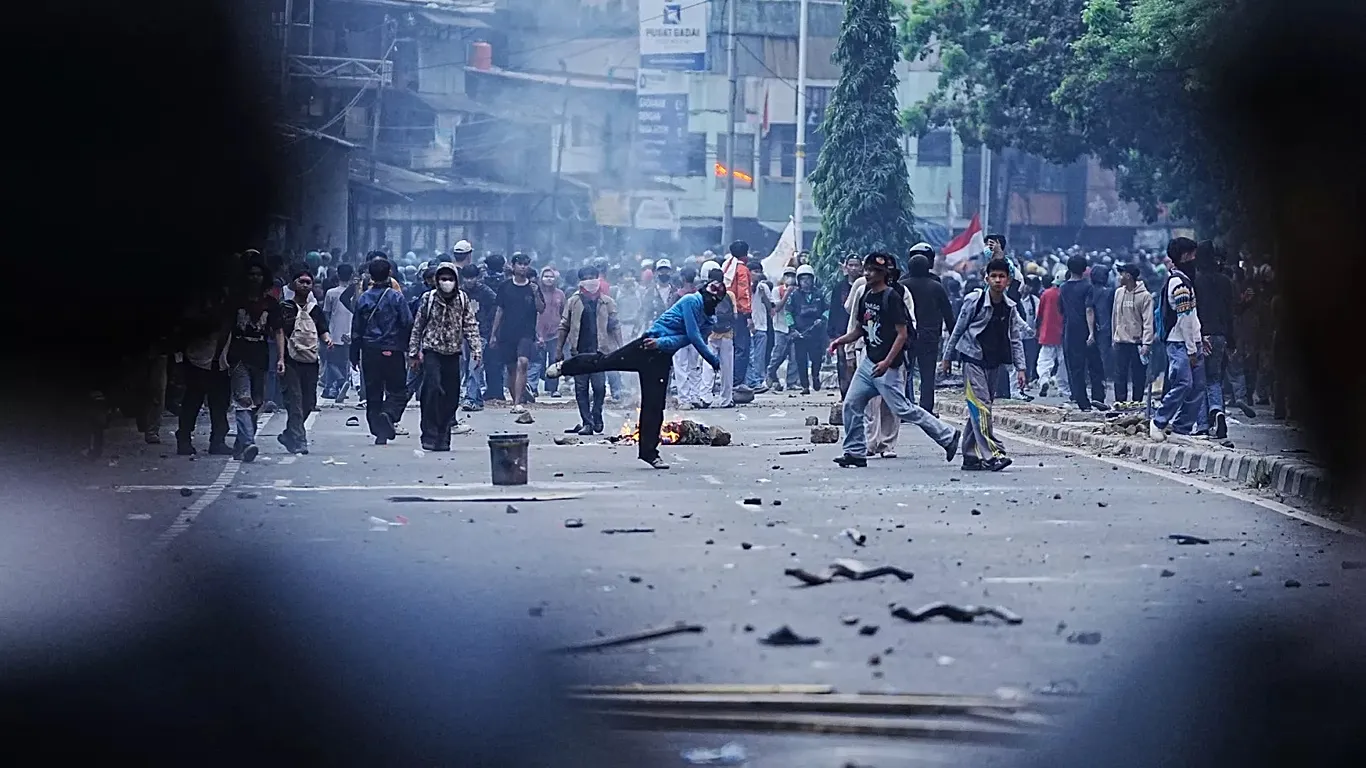
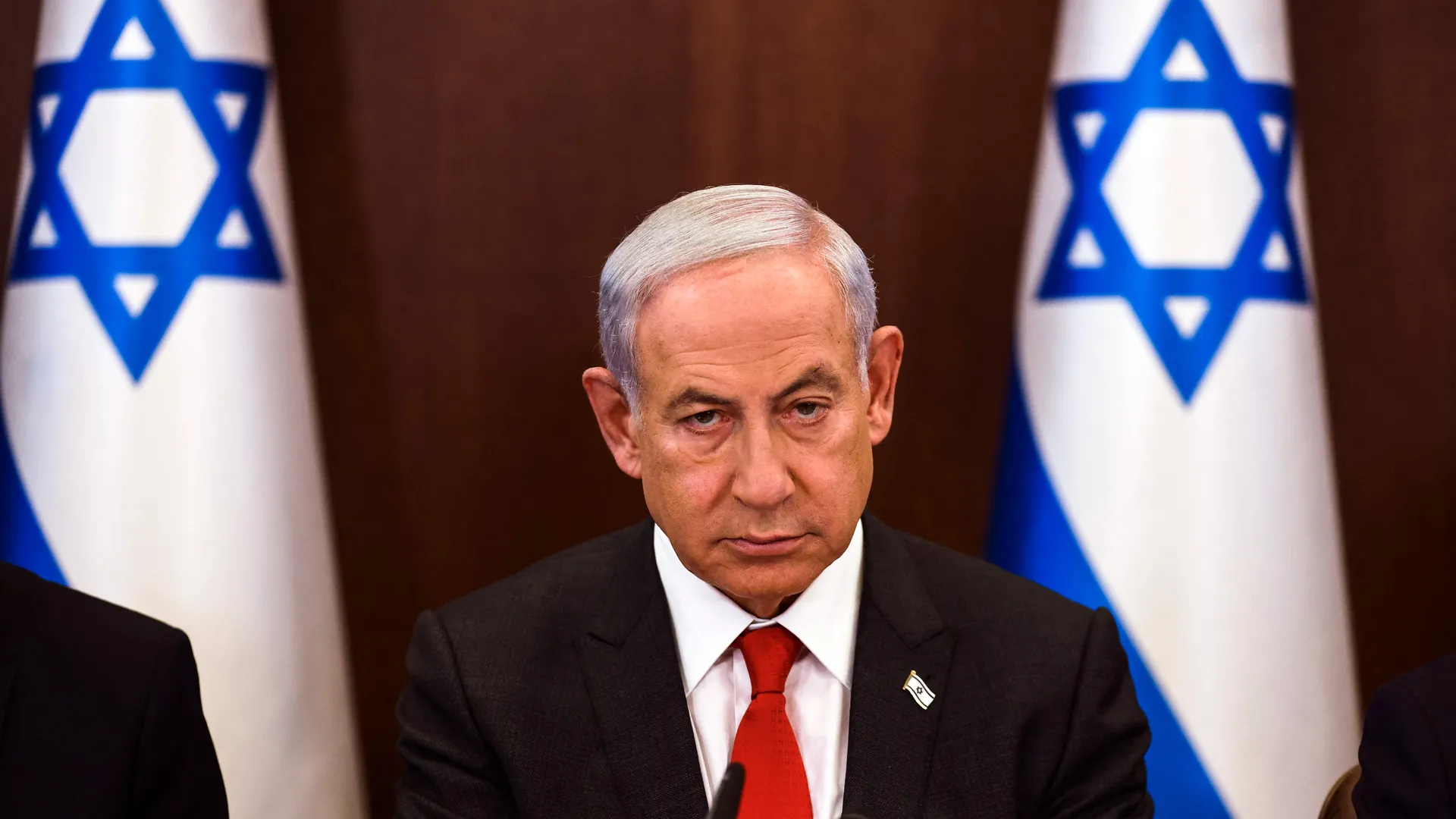

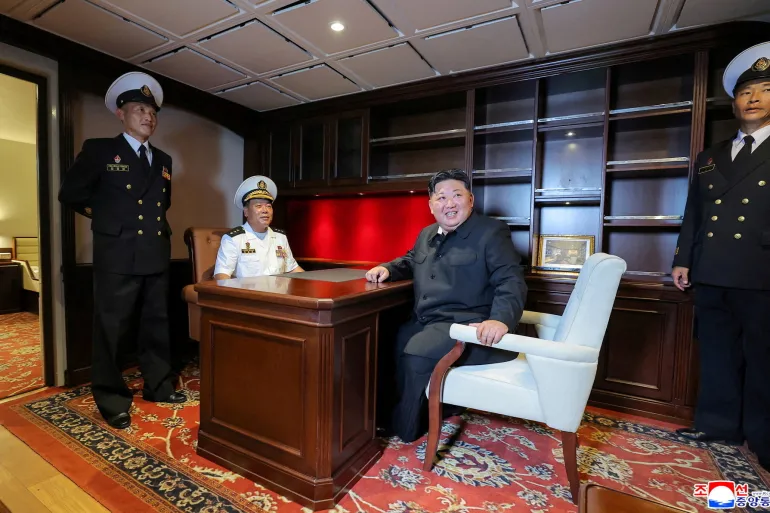
Discussion